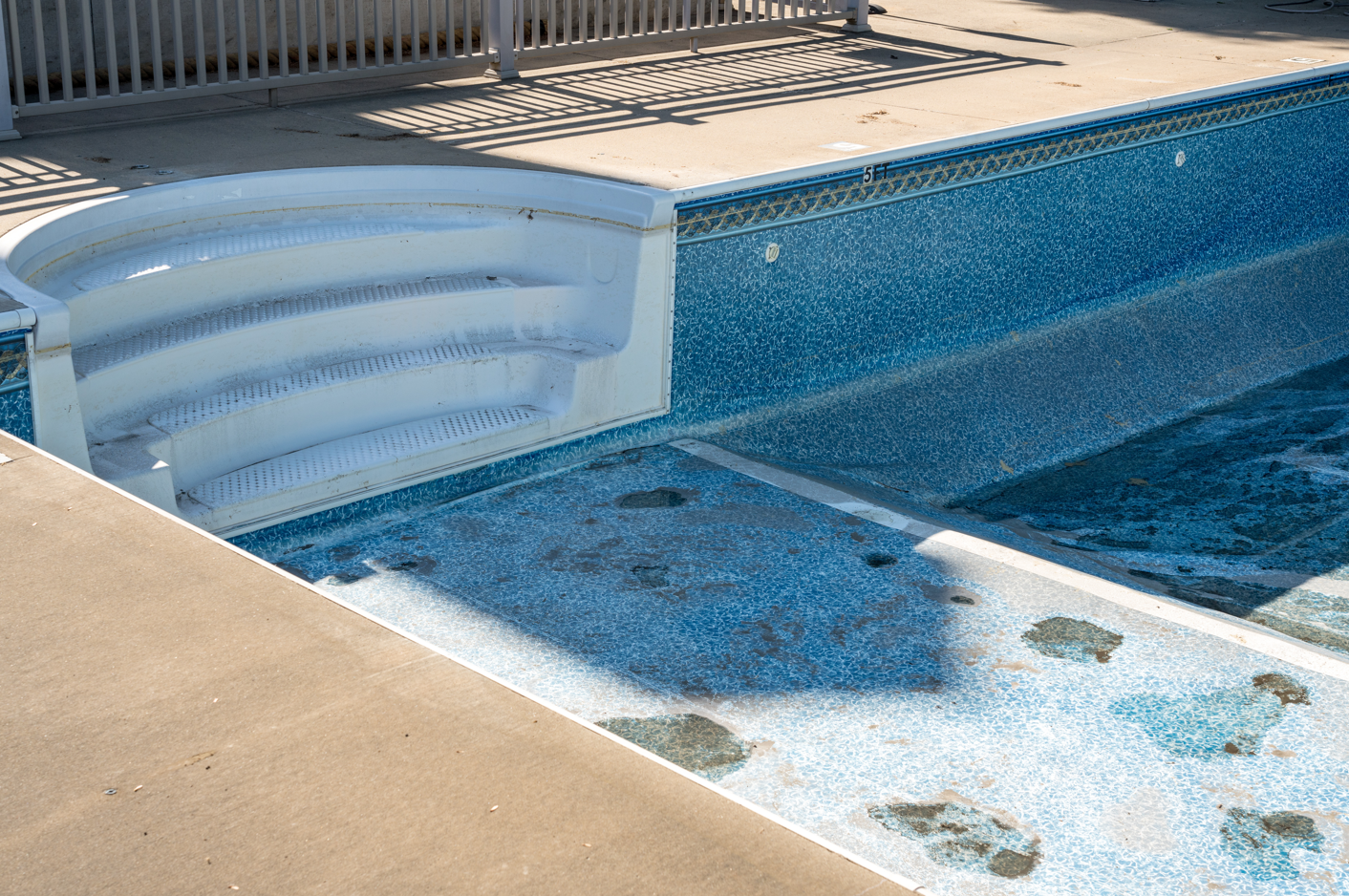
When to Say Goodbye: Signs It’s Time to Remove Your Pool
Swapping poolside afternoons for a lush garden or a spacious backyard patio can be a difficult decision. For many homeowners, the idea of removing a pool is daunting. Yet, there comes a time when saying goodbye to your pool may be the best choice for your property and lifestyle. This post explores the signs that indicate it’s time to consider pool removal.
Hidden Costs of Pool Ownership
While a pool can be a source of joy and relaxation, maintaining one is not without its costs. Homeowners often find themselves facing unexpected expenses and time-consuming upkeep. Chemical treatments, regular cleaning, and equipment repairs add up quickly. These hidden costs can become burdensome, making it necessary to reconsider the value of keeping a pool.
Increasing Maintenance Demands
Over time, pools require more frequent maintenance. Older pools may develop leaks, cracks, or outdated filtration systems that demand constant attention. These increasing maintenance demands can consume valuable time and financial resources, leading homeowners to question whether the effort is worth it.
Rising Utility Bills
Pools are notorious for high utility bills. Heating the water, running pumps, and ensuring proper filtration require significant energy consumption. When utility bills start to soar, the financial strain can become unsustainable. Homeowners may find themselves allocating a large portion of their budget to keep the pool operational.
Impacting Resale Value
Interestingly, not all prospective buyers view a pool as a desirable feature. In some cases, having a pool can even deter potential buyers. Knowing when to say goodbye to your pool can improve your property’s appeal and increase its resale value. Understanding the market trends in your area is crucial when making this decision.
Safety Concerns for Families
Families with young children often prioritize safety above all else. Pools pose a significant risk, especially if proper safety measures are not in place. For homeowners with growing families, the peace of mind that comes with eliminating the potential dangers of a pool can be invaluable.
Accidents Waiting to Happen
Residential pools are common sites for accidents, ranging from minor injuries to tragic drownings. Even with vigilant supervision, the risk of accidents remains. Removing the pool can create a safer environment for children to play and explore without constant worry.
High Costs of Safety Measures
Installing safety fences, covers, and alarms can be expensive. Even with these measures, the responsibility of constant monitoring can be overwhelming. By removing the pool, homeowners can redirect their resources to other areas of the home that enhance safety and quality of life.
Peace of Mind
The presence of a pool can create a persistent undercurrent of anxiety for parents. Removing the pool can significantly reduce stress levels, allowing families to enjoy their outdoor space without fear. The peace of mind achieved by eliminating this potential hazard is often worth the investment.
Changing Lifestyles and Preferences
Life is full of changes, and so are homeowners’ preferences. What once was an asset may no longer fit into your lifestyle. Recognizing when your pool no longer serves your needs is essential in making the right decision for your home.
Shifting Interests and Hobbies
As interests and hobbies evolve, the pool may become less appealing. For those who no longer swim frequently or host pool parties, the space occupied by the pool can be repurposed for other activities. Gardens, patios, or sports courts may better reflect current interests.
Desire for More Usable Space
Pools take up significant space that could be used for various other purposes. Homeowners may desire a larger lawn, a vegetable garden, or an outdoor entertainment area. Removing the pool opens up opportunities to redesign the backyard to better suit current needs and preferences.
Reduced Enjoyment Factor
Sometimes, the novelty of owning a pool wears off. If the pool is no longer a source of enjoyment and is instead viewed as a chore or liability, it may be time to consider removal. Focusing on creating a backyard oasis that brings joy and relaxation can be a more fulfilling project.
Environmental Considerations
The environmental impact of maintaining a pool is another factor that prompts homeowners to reconsider its presence. Water conservation and eco-friendly practices are increasingly important in today’s world.
High Water Consumption
Pools require a substantial amount of water, especially in areas prone to droughts. Constant refilling due to evaporation or leaks can be environmentally taxing. Reducing water consumption by removing the pool aligns with sustainable living practices.
Chemical Use and Disposal
Maintaining clean and balanced pool water involves the use of various chemicals. These chemicals can have adverse effects on local ecosystems if not disposed of properly. Eliminating the need for chemical treatments benefits the environment and reduces household chemical usage.
Greener Yard
Transitioning from a pool to a garden or green space promotes biodiversity and supports local wildlife. Native plants, trees, and flowers can transform the yard into an eco-friendly haven. This shift not only enhances the beauty of the property but also contributes positively to the environment.
Deciding to say goodbye to your pool is a significant choice that requires careful consideration of various factors. Ultimately, the goal is to create a living space that aligns with your current needs, values, and preferences. Explore your options and consider the benefits of transforming your backyard into a space that brings joy, safety, and sustainability to your home.
If you need pool removal for your property, speak to companies like Graber Excavating.

